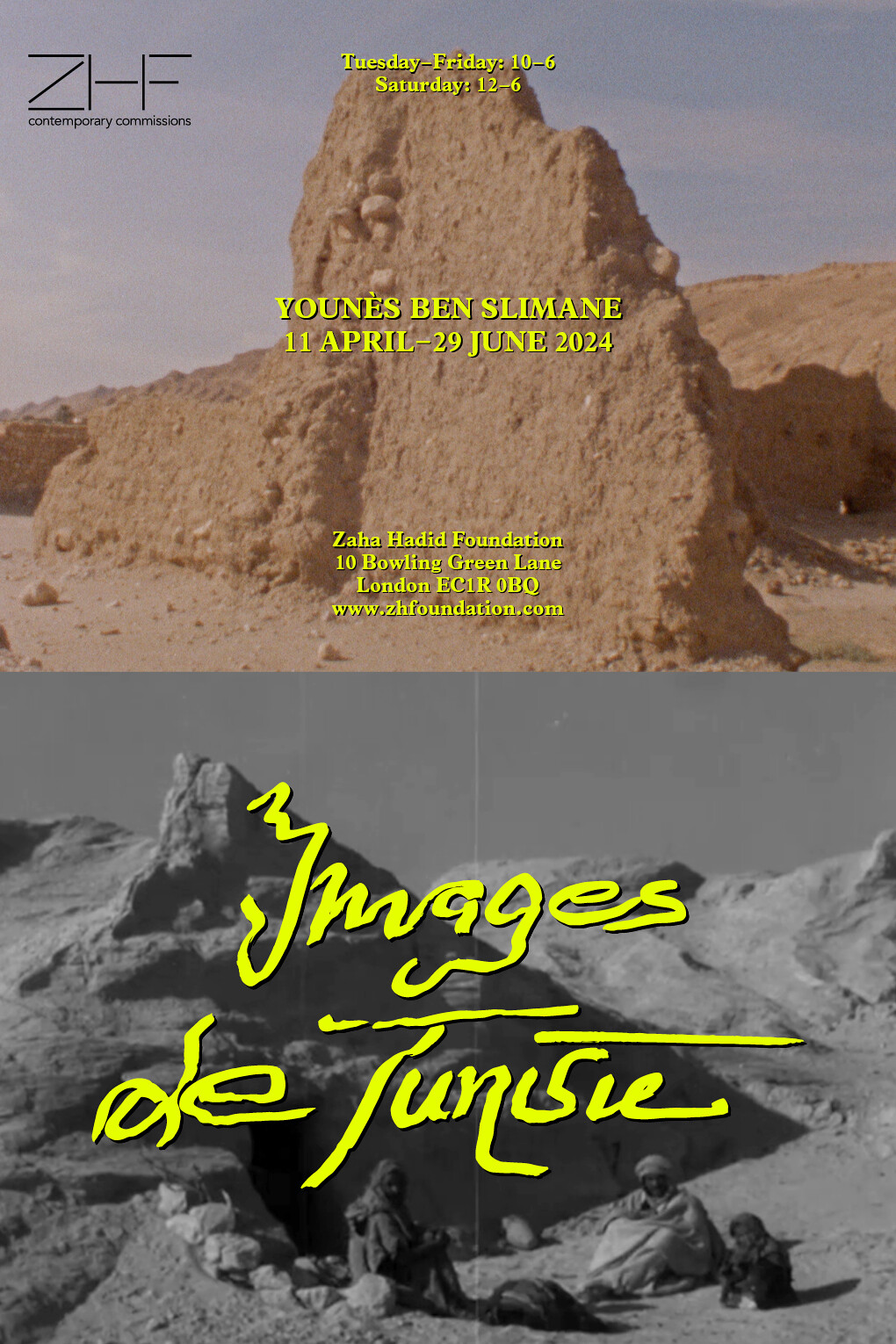Architecture remains the most tangible way of constructing the social. Yet, the system we call “architecture” is not reducible to the physical, the tactile, the obvious. In the history of avant-garde architecture, immateriality and intangibility carried a promise of liberation, of escape from the heaviness of building, from completion, from gravity or reality. A new contemporary architecture would be built out of pure knowledge—drafted on paper as an idea to be shared, never bogged down by the technicalities of constructing in dimensional space, or even any spatial paradigm altogether. The history of the avant-garde can’t—as Beatriz Colomina has pointed out—be separated from its engagement with media and communication. Building would move at the speed of thought and spirit, superseding calculation, regulation, codes, and existing infrastructure.
Architects today do not conceptualize their work in such radical terms. Is it because they are too busy stalking clients in China and the Gulf? Maybe. But at the same time, architects today also have to contend with the fact that other immaterial, intangible forces have subordinated much of the spatial thinking that historically situated architecture in relation to the building and planning of spaces and cities. As Keller Easterling has written in a previous essay, “it is as if architecture, as customarily defined, cannot access some of the most important levers of explicit, measurable spatial change, leaving control of them largely to the financial industries.”
But what are these levers? Or for that matter, how has architecture always given form to the immaterial or intangible spatial effects in communication pathways, or war, rubble, memory, tourism, and cultural capital? Hasn’t architecture always provided a way of reading ethical transgressions in reverse, of giving them form, for better or for worse? How has physical architecture always been a symptom of ideology? How has it always been a communications infrastructure?
How, then, can we contextualize more recent advances in registering and distributing space, in order to place them back into the history of architecture? Just look at how something like Airbnb abstracts and dissolves, even fiscalizes, core notions such as what constitutes a home. And it presents this as data before an economy of sharing and selling that takes place above and beyond architectural intervention. In the cities where Airbnb is being used most heavily, it is planning urban space, but without urban planners. Except maybe someone like Molly Turner, Airbnb’s new director of public policy, who is an urban planner, and describes Airbnb as part of a “third wave of tech … taking all of the connectivity and transactions that are occurring online and bringing them back offline into the real world.”
Airbnb can be part of a new integrated meta-architecture that involves the pooling and marketing of space in a way where, in a broad sense, architectural interventions on the level of building tend to serve as decorative afterthoughts to the capture and recording of not only space, but also of practices, representations, expressions, knowledge, and skills. This is the aim of UNESCO’s initiative over the past decade to update the concept of cultural heritage to include immaterial and intangible cultural products. UNESCO’s Intangible cultural heritage (ICH) becomes a device for making another layer of global culture visible and searchable across long distances, and an amplifying mechanism for heritage that can allow it to be converted from culture into a knowledge database, and back into culture again. Is this something we can compare to what Lebanese architect Bernard Khoury imagined as a building that would record memories of a place as data, but also demolish its physical matter with each kilobyte or megabyte it records?
Edited together with Nikolaus Hirsch, this first part of a special double issue of e-flux journal focusing on architecture invites a number of the field’s most audacious and adventurous thinkers to consider how these invisible and intangible forces are rebuilding cities and reformatting space over and above the role that architecture once served. They are not only reducible to data streams and technocratic information pathways, but also convert ethical questions of whose hands do the actual work of building into material expressions of labor markets, economic flows, and colonial memory. They include the passage from the formal domain of building to an informal domain of knowledge in research-based university departments as well as in slums, black markets, shadow networks, and courtrooms alike. How are practicing architects already working to adapt the radical propositions of architecture to build and think in a way that takes this often contradictory information into consideration?
The second issue of “Architecture as Intangible Infrastructure” will be released in September 2015 with essays and contributions from Beatriz Colomina, Bernard Khoury, Hu Fang, Ingo Niermann and Rem Koolhaas, Hans Ulrich Obrist in conversation with Hans Hollein, and others.


